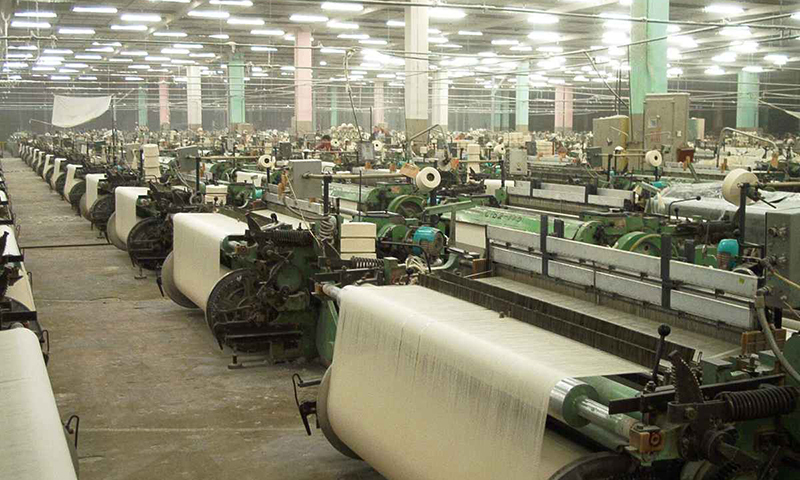Aquazol is a water-soluble poly(2-ethyl-2-oxazoline) polymer that has gained significant attention across various industries due to its unique properties. Known for its high thermal stability, excellent solubility in both water and organic solvents, and strong adhesion characteristics, Aquazol is an exceptional material for applications ranging from conservation and coatings to pharmaceuticals and advanced manufacturing.
Art Conservation and Restoration
One of the most widely recognized applications of Aquazol is in the field of art conservation and restoration. Due to its high solubility and reversibility, it serves as an ideal adhesive and consolidant for delicate historical artifacts, paintings, and manuscripts.
- Unlike traditional adhesives, Aquazol doesn’t yellow over time, making it a preferred choice for restoring valuable artwork without compromising the original material’s integrity.
- Additionally, conservators appreciate its ability to dissolve in multiple solvents, offering flexibility in restoration techniques.
- Furthermore, its minimal toxicity makes it safer for use in delicate conservation environments where chemical exposure needs to be controlled.
Coatings and Adhesives
Aquazol is utilized in the coatings and adhesives industry due to its strong bonding capabilities and stability under extreme conditions. It acts as a superior binder in ceramic glazes, providing enhanced durability and better adhesion. Additionally, it’s used in the formulation of heat-resistant adhesives, particularly in industries requiring materials that can withstand high temperatures without degrading. This makes it a valuable component in aerospace and automotive coatings where performance and longevity are critical. Its ability to improve the mechanical properties of coatings ensures that surfaces remain resilient against wear, moisture, and environmental stressors. There are specialist Aquazol 500 suppliers out there for use in wide-ranging applications.
3D Printing and Additive Manufacturing
The rise of 3D printing technology has seen an increasing demand for materials with desirable processing characteristics. Aquazol, with its excellent printability and water solubility, serves as a support material in additive manufacturing. It’s used to create temporary structures that can be easily dissolved post-production, allowing for the fabrication of complex geometries with high precision.

This application is particularly useful in biomedical engineering, where intricate scaffolds and drug delivery systems require precise fabrication techniques. Additionally, its eco-friendly profile as a water-soluble polymer makes it a preferred choice in sustainable manufacturing processes.
Pharmaceutical and Biomedical Applications
Aquazol has also been explored for use in pharmaceuticals due to its biocompatibility and water solubility. It’s being studied as a potential drug delivery carrier, as it can encapsulate active pharmaceutical ingredients and release them in a controlled manner. Furthermore, its compatibility with human tissues makes it an attractive option for medical adhesives, wound dressings, and biodegradable implants. Research is ongoing into its potential applications in tissue engineering, where its hydrophilic nature and tunable mechanical properties can be leveraged to develop advanced medical solutions.
Electronics and Semiconductor Industry
In the electronics sector, Aquazol is used as a temporary binder in the production of ceramic and semiconductor components. Its ability to burn out cleanly without leaving residues makes it an ideal choice for applications where precision and purity are paramount. Additionally, its water solubility enables easy removal, reducing processing complexities and improving the efficiency of semiconductor manufacturing. Aquazol-based formulations have also been explored for use in conductive inks and flexible electronic circuits, demonstrating its adaptability in next-generation electronic devices.
Textile and Fiber Industry

Another emerging application for Aquazol is in the textile and fiber industry. Due to its water solubility and adhesion properties, it’s being investigated as a potential binding agent in fabric coatings and fiber-reinforced composites. Its biodegradable nature makes it an environmentally friendly alternative to conventional textile binders, reducing the environmental impact of synthetic fibers and coatings. This application aligns with the growing demand for sustainable materials in the fashion and industrial textile sectors.


